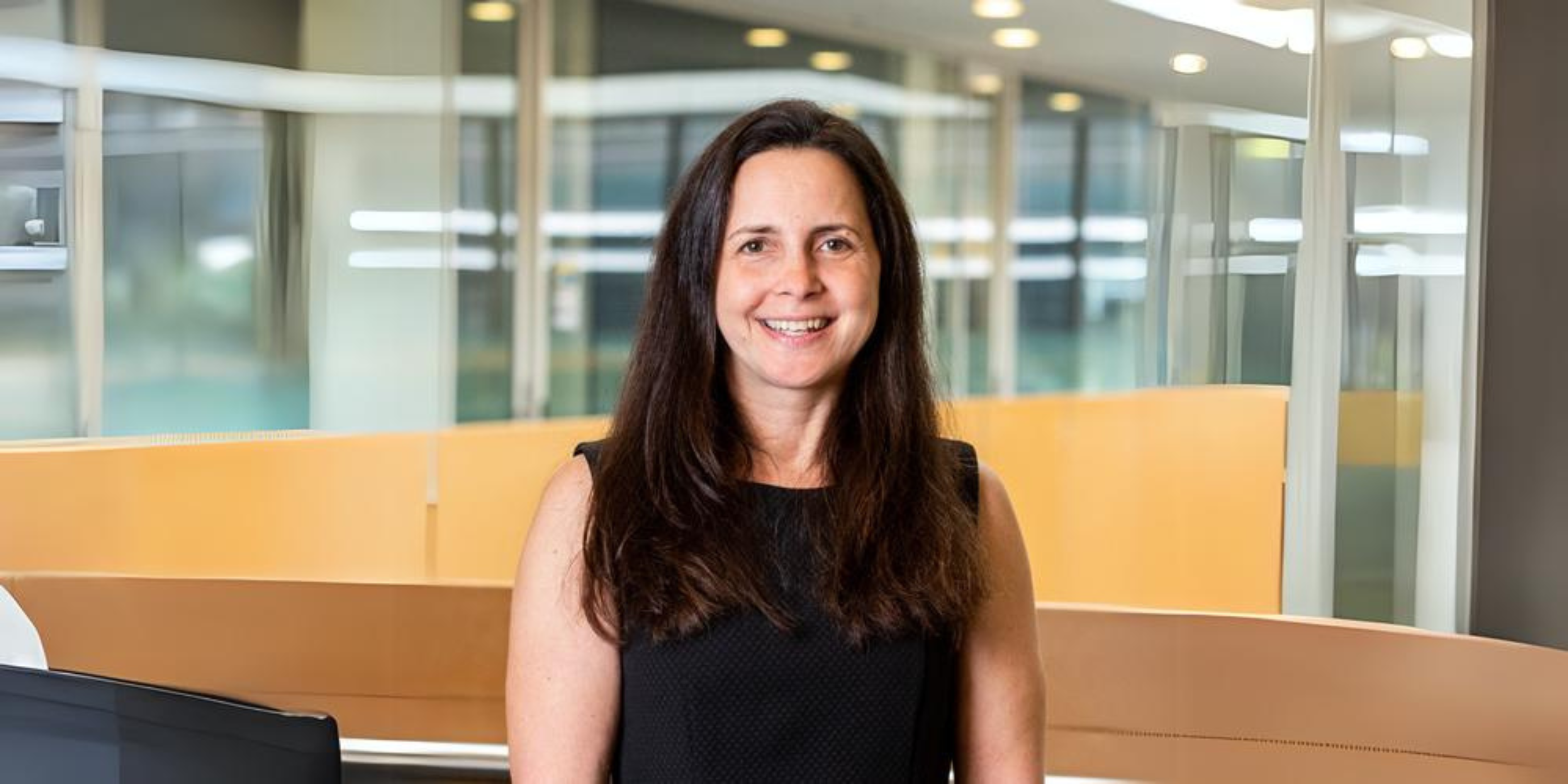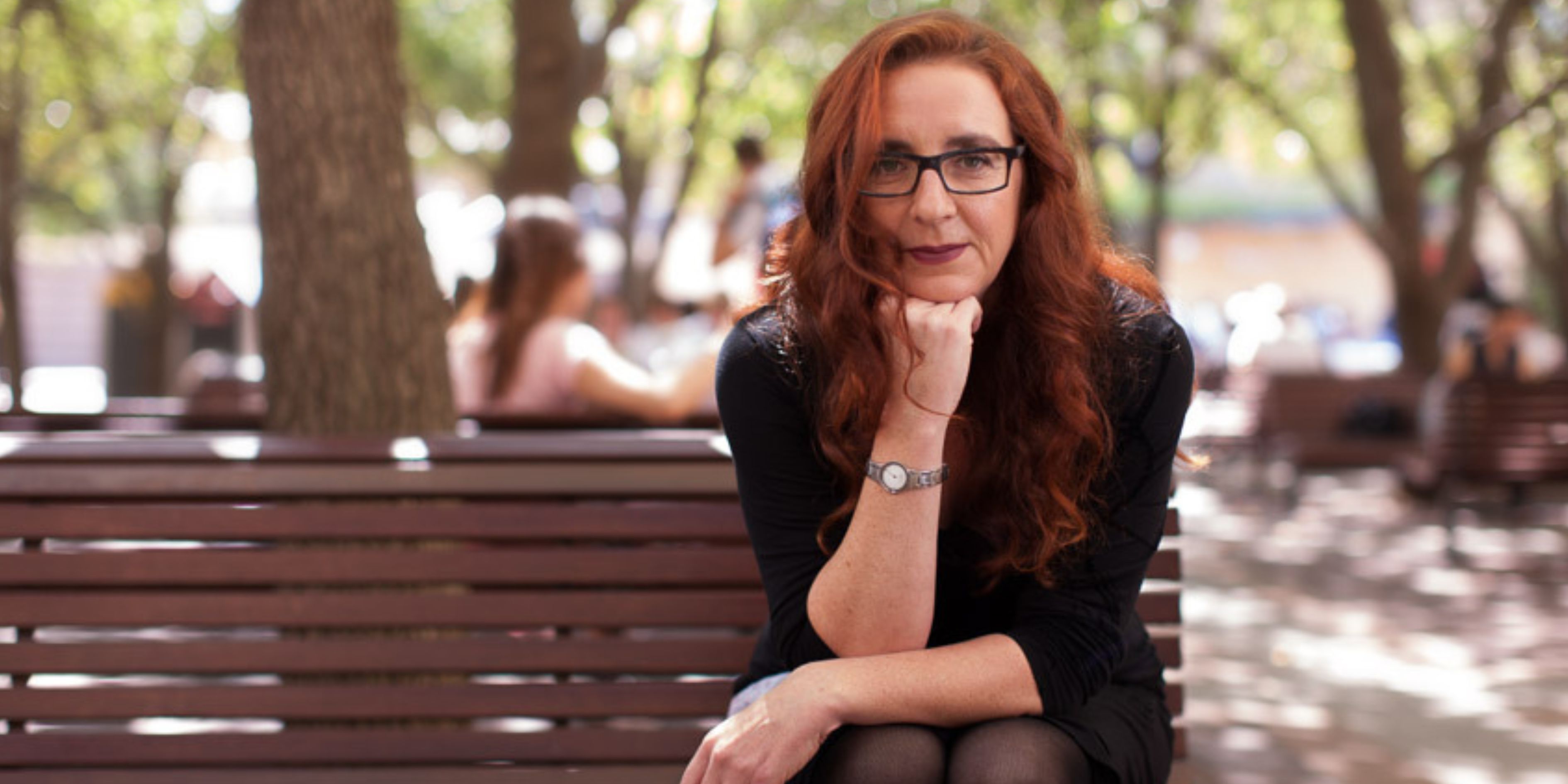Professor Adrienne Torda juggles being a mum of four, the Vice Dean of the Faculty of Medicine and Health and Head of the School of Clinical Medicine at UNSW Sydney, an expert in infectious diseases, medical education, academic leadership, and educational innovation, all whilst being a relentless advocate for women in medicine and a mentor for women across Australia and the Asia Pacific.
Professor Torda also holds an honorary position at a large teaching hospital and serves on the National Vaccine Committee of Australia for the TGA. For almost three years, she was also the gender co-champion at UNSW, advocating for gender issues across the university.
Professor Torda's expertise in the area of women in leadership within healthcare and medicine, has led to invitations to speak at international conferences including the Harvard Impact Summit and the 32nd International Congress of Medical Women International Association.
In our first Visible Women Campaign interview we speak to Professor Torda about the importance of self-belief (and saying yes even if you think you’re not ready), ignoring micro-aggressions, and the power of supporting one another.
What challenges have you overcome to get to where you are?
I often tell people that my superpower is being underestimated. Although that’s a joke, the underestimation piece is correct. As a diminutive female, I was often passed over for stepping-stone roles early in my career. Although to be honest, I would likely not have had the confidence to put myself forward for them.
On reflection, some of these barriers must have been internal – accepting people’s assessment of me. In terms of overcoming this, the development of self-confidence has been the most important factor. Accepting that even if I didn’t feel 100% ready or confident to perform at the next level, I should try.
Obviously, there are other barriers, like male-dominated panels or committees, where it was hard to be taken seriously. I think the way I overcame this, was by contributing sensibly and in an ongoing manner, ignoring micro-aggressions and not being intimidated by them!
The other biggest challenge for me has been the juggle of having four children and a very consuming profession (physically, mentally and emotionally).. I have had to learn to juggle many activities and really set different priorities at different stages of my life, so that I could be happy and enjoy both my family and my professional life.
What advice do you have for other women in your profession?
A change in mindset has really been the main thing that has helped me jump barriers and advance myself in the workplace. Now, I always advise young women in the workplace to get a mentor, who they can get advice from, as this has helped me..
Also, women should act as mentors for other women. I have previously run a ‘step up’ skill development and networking program for Women in Medicine at Prince of Wales Hospital and I mentor female leaders (and non-leaders) in academia and medicine across my faculty and university. I often think about the saying ‘you can’t be what you can’t see’. Seeing how other women deal with challenges is very helpful.
In 2022, I was nominated by UNSW to be an international mentor via the APWiL (Asia Pacific Women in Leadership Mentoring Program) program and mentored a lovely academic in Hong Kong who was struggling both personally and professionally during the COVID-19 pandemic. By the end of our year, her approach to the juggle and pressures was very different. I also helped set up a small-scale mentoring program for senior female medical students in our faculty in 2016, which is still going strong. This program enables students to be mentored by women in their profession and actually see that career success and juggling of responsibilities is possible.
What is your ultimate ambition, and how do you plan to get there?
I am already in a very high level leadership position which challenges me every day. So I think that one of my main ambitions, both within my local sphere of influence as well as nationally and internationally, is to continue to do what I can to empower the women coming behind me and encourage them to progress in their careers.
I want to create a pipeline in which women are confident that they can achieve their goals and don’t feel disparaged or disregarded in the workplace. In medicine and in academia, the workplace culture for women is very variable, especially when we look at the global situation. I would like to share my skills and experience with as many women as I can, so that they can succeed.
What is the one thing you would like to see changed in your area/sector that will move us towards gender equity in the workplace?
If I can only pick one thing, it would be women’s belief in themselves. As I mentioned earlier, there are many external factors that limit women, particularly those with other areas of intersectionality relating to race, religion or sexuality. We need to continue to work on breaking down those barriers and changing the landscape, but to do so, we need to believe that we deserve equity.
If years ago I had the self-confidence that I have now, I think I would have faced many workplace situations so differently. Even now, when I host capacity-building workshops for women, sometimes they just cry when imaginary barriers are removed..
It can be very emotional, as they suddenly realise that they can apply for various jobs, or they can have a baby and the career they want, and not be disadvantaged as a result. Many of us are still heavily impacted by ‘imaginary barriers’ thrust upon us. I want to get rid of these.


